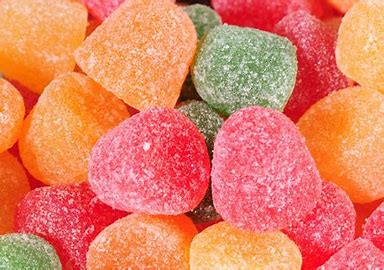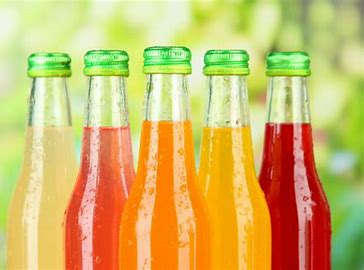Want to keep your teeth cavity-free for as long as possible?
Then start paying close attention to sugar, because a healthy diet is as
essential for your mouth as it is for the rest of your body.
The good news is we’re keeping our teeth for longer. The bad
news is that one in three of us is walking around with untreated tooth decay,
while one in four has periodontal (gum) disease. In most industrialised
countries, the rates are similar.
These are the statistics reported in the adult Oral Health
Tracker progress report, released in March 2020. This report gives us an update
on how Australian adults’ oral health is tracking compared to the previous
results in 2018, says the Australian Dental Association’s Oral Health Advisor,
Dr Mikaela Chinotti.
“The results are in, and for gum disease and tooth decay,
they’re not good,” she says. “These conditions are largely preventable, yet
they’ve increased in prevalence and we continue to get further away from our
goal of improving our overall oral health.”

Sweet enough
“For many, free sugar consumption is still well above the
WHO’s recommended six teaspoons (24 grams) a day limit,” says Dr Chinotti, “and
this is affecting quality of life by causing tooth decay.”
Sugar is the enemy of healthy teeth. It feeds the bacteria
that live on the surface of your teeth, and they rapidly produce acids that
dissolve your protective tooth enamel, leading to decay and cavities. If the
bacteria on your teeth spread to the gum line, they can irritate or infect the
gums, leading to gingivitis, gum disease and potentially, tooth loss.
The worst offenders are soft drinks and sports drinks. Not
only are these full of added sugar, they also contain food acids that can cause
further erosion of tooth enamel. And the sugar-free versions should also be
consumed with caution – these contain food acids too, so aren’t necessarily
much better for your teeth. (Neither is fruit juice, warn dentists, also
because of its high acid content.)

Spotting sugar isn’t easy
It’s not always obvious when food contains lots of sugar.
Many foods contain both natural and added sweeteners, yet the food label often
doesn’t separate the two. The best action is to check nutrition labels and
choose foods lowest in sugar, avoid sweet drinks of any type including diet
drinks and fruit juice, and drink water or rinse your mouth after any snack or
drink. Chewing sugar-free gum for 20 minutes after eating can also help
neutralise decay-causing acid attacks.
Make sure you visit your dentist at least once a year for a
check-up and advice on how to keep your teeth and mouth healthy.